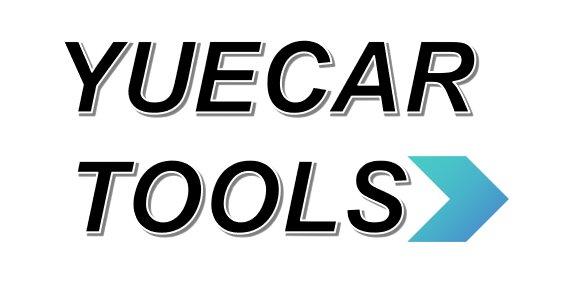Key Considerations for Importing Automotive Parts from China
- Product Quality and Compliance:
- Quality Assurance: Ensure that the products meet international quality standards and your specific requirements. Request samples and conduct quality checks before placing large orders.
- Compliance with Regulations: Verify that the products comply with relevant standards and regulations in your target market, such as safety certifications, emissions standards, and other industry-specific requirements.
- Supplier Reliability and Reputation:
- Supplier Evaluation: Assess the supplier’s reputation and reliability by checking reviews, references, and certifications. Engage in thorough due diligence to ensure they have a track record of delivering high-quality products on time.
- Factory Audits: If possible, conduct factory audits to verify production capabilities, quality control processes, and overall business practices.
- Cost and Pricing:
- Total Cost of Ownership: Consider not just the purchase price but also additional costs such as shipping, tariffs, taxes, and customs fees. Calculate the total landed cost to ensure the overall expense fits within your budget.
- Negotiation: Negotiate terms to achieve favorable pricing and payment conditions. Look for opportunities to benefit from bulk discounts or favorable credit terms.
- Logistics and Shipping:
- Shipping Arrangements: Arrange for reliable shipping and logistics to ensure timely delivery. Choose a reputable freight forwarder and track shipments to avoid delays.
- Packaging and Handling: Ensure that products are properly packaged to prevent damage during transit. Confirm that the packaging meets international standards and is suitable for long-distance shipping.
- Customs and Import Duties:
- Customs Documentation: Prepare and verify all necessary customs documentation, including invoices, packing lists, and certificates of origin. Ensure that all paperwork is accurate to prevent customs delays.
- Import Duties and Taxes: Be aware of applicable import duties, taxes, and tariffs in your country. Understand how these costs affect your overall pricing and profit margins.
- Legal and Contractual Agreements:
- Contracts: Draft clear and comprehensive contracts outlining the terms of purchase, delivery schedules, payment terms, and responsibilities. Include clauses for handling disputes and quality issues.
- Legal Compliance: Ensure that all transactions comply with international trade laws and regulations, including intellectual property rights and anti-corruption laws.
- Communication and Coordination:
- Effective Communication: Maintain open and clear communication with the supplier. Address any concerns or questions promptly and ensure that both parties are aligned on expectations.
- Cultural Sensitivity: Be aware of cultural differences and business practices in China. Understanding and respecting these differences can facilitate smoother interactions and negotiations.
- Risk Management:
- Risk Assessment: Evaluate potential risks such as supply chain disruptions, political instability, or changes in trade policies. Develop contingency plans to mitigate these risks.
- Insurance: Consider purchasing insurance to cover potential losses or damages during shipping and handling.
By focusing on these factors, you can effectively manage the complexities of importing automotive parts from China and ensure a successful and efficient import process.

